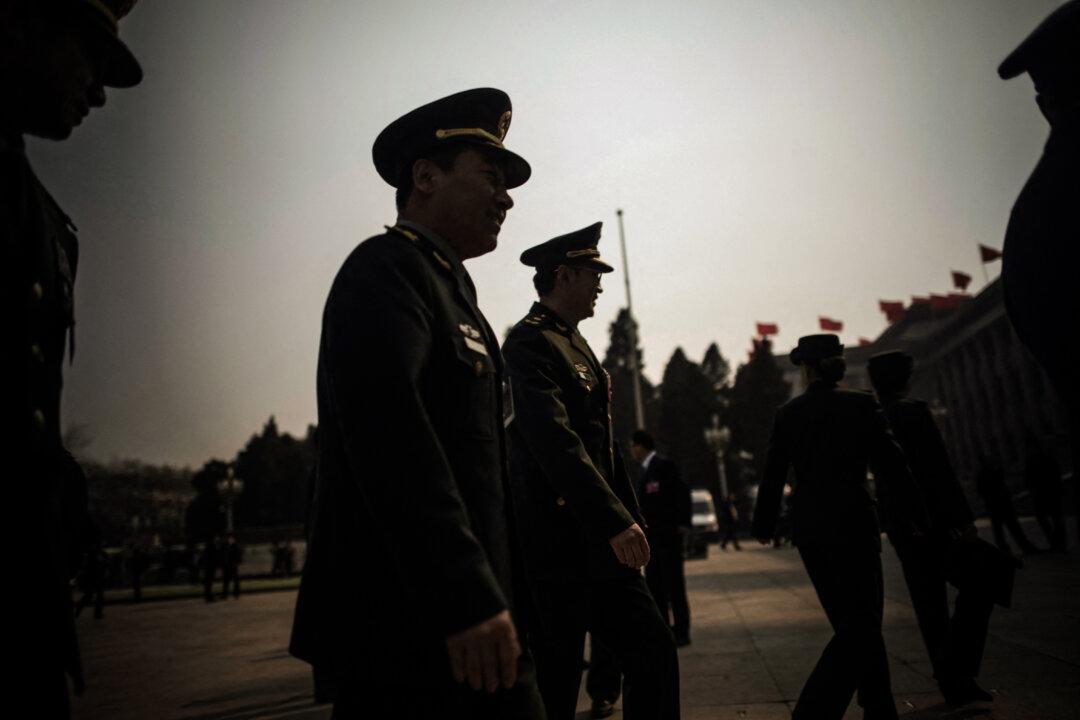Two articles by China’s Ministry of State Security (MSS) chief last month evoked echoes of a particularly dark period in China’s history, leading to talk of a newly minted “Five-Anti Campaign.”
Writing in Qiushi (求是; Qiúshì), the theoretical journal of the Chinese Communist Party (CCP), on April 15, MSS head Chen Yixin outlined a campaign of “five anti-struggles” against forces that are said to threaten Chinese national security. The article was followed by an April 29 article in the state journal Study Times (学习时报; Xuéxí Shíbào), also highlighting the campaign.





